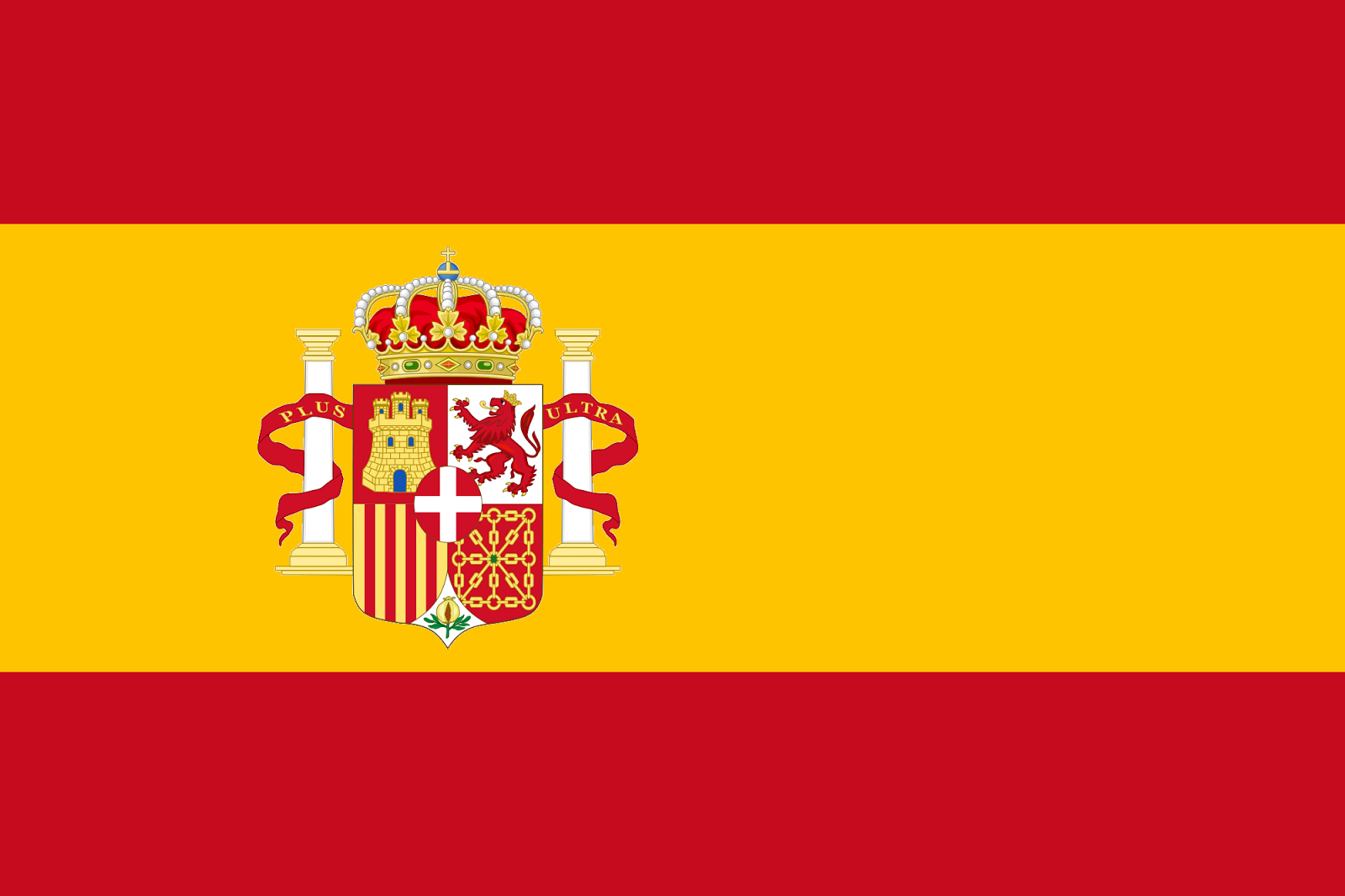The US and Latin America Strip clubs politics.

Views:1325
Right and Policy
The legal status of striptease clubs has changed over the years, with increasingly liberal national and local legislation on the issue throughout the world, despite the fact that some countries (such as Iceland) have implemented strict limits and prohibitions. Striptease clubs are often the subject of disputes worldwide, and the sex industry, which includes striptease clubs, is a hot topic in popular culture and politics. Some clubs have been involved in organized crime, which has been notorious for using legitimate cases as fronts for its illegal operations.
The U.S and Latin America
The court system in the United States is based on common law. The grounds for prosecution may range from legitimate legal grounds to cases filed for the purpose of shaping jurisprudence to advance the social and political objectives of special interest groups. Clubs across the country have staff and clientele who are supposed to engage not only in sexual acts on the ground but also in drug use and other criminal activities. The occurrences of this activity vary significantly. Their prevalence depends on regional differences in attitudes of management, artists, clients and police. Striptease clubs are required to set age limits for club entry and alcohol consumption. If it is established that a club has served alcohol to a person under the age of 21, his or her liquor licence may be suspended or revoked due to repeated violations. Licenses can also be lost due to evidence of drug use in the club. The club owners shut down their businesses because they lost their alcohol licences.
A widely cited American local ordinance is the Municipal Code of San Diego (California) 33.3610, specific and strict in response to allegations of corruption among local leaders, who had connections in the erotic entertainment industry. Its provisions include the "six-foot rule", copied by other municipalities, which requires dancers to stand six feet away from spectators when they perform. Fully nude clubs may be subject to additional requirements, such as restrictions on alcohol sales and no-touch rules between customers and dancers. To get around these rules, two «separate» bars, one without a head and the other completely naked, can open next to each other. In a few states and territories where it is legal to consume alcohol but not to sell it, some clubs still allow guests to bring their own drinks.
Other rules still prohibit "total nakedness" in some neighbourhoods, which may vary from one area to another within a single city. Some parts of the United States have laws prohibiting the exhibition of female nipples or even areolas, thus obliging dancers to cover them with pasties. These laws are not, however, known to be applied to the exposure of male nipples. Club leaders, dancers and other club workers may be cited or arrested by local or federal authorities for trespassing on nudity, drugs and other offences. In February 2010, the city of Detroit, Michigan, in the United States, banned breasts entirely exhibited in its strip clubs, following the example of Houston, Texas, where a similar order was introduced in 2008. Detroit City Council has since eased the rules; removing the pâte requirement, but now other restrictions. Both municipalities were believed to have experienced endemic incidents of illegal activity, including prostitution, all related to striptease facilities within their city boundaries. Detroit also brought to the federal government's attention incidents of human trafficking at its striptease clubs. The State of Missouri recently passed a law similar to the one in Houston and Detroit prohibiting complete nudity in stripper clubs across the state.
Striptease clubs also garnered attention in the Americas outside of the US. Each year there have been attempts to amend the Immigration and Refugee Protection Act (IRPA), passed in 2001. The 2009 version of the bill (Bill C-45: An Act to amend the Immigration and Refugee Protection Act) had specific provisions related to tightening the issuance of exotic dancer visas as a means to combat human trafficking. August 2009 was among the most famous clubs in Rio de Janeiro. The discotheque Help, was closed by the city in its attempt to clean up the area before its home of the 2014 World Cup. The move was also considered in connection with her potential bid for the 2016 Summer Olympics. In November 2009, Rio de Janeiro officials threatened to bring American comedian Robin Williams to justice for making derogatory remarks during a night-time talk show. His comments on his Olympic candidacy, "Rio sent 50 strippers and a pound kick. It wasn't quite fair, you know?" was repeated several times in news programs in Brazil and elicited a public response from its mayor. The Rio Olympic Committee asked their lawyers to find out if there were grounds for prosecution, but no charges were laid.
 HUB
HUB POST
POST

 EN
EN
 RU
RU LV
LV ESP
ESP DE
DE PT
PT ZH
ZH FR
FR

